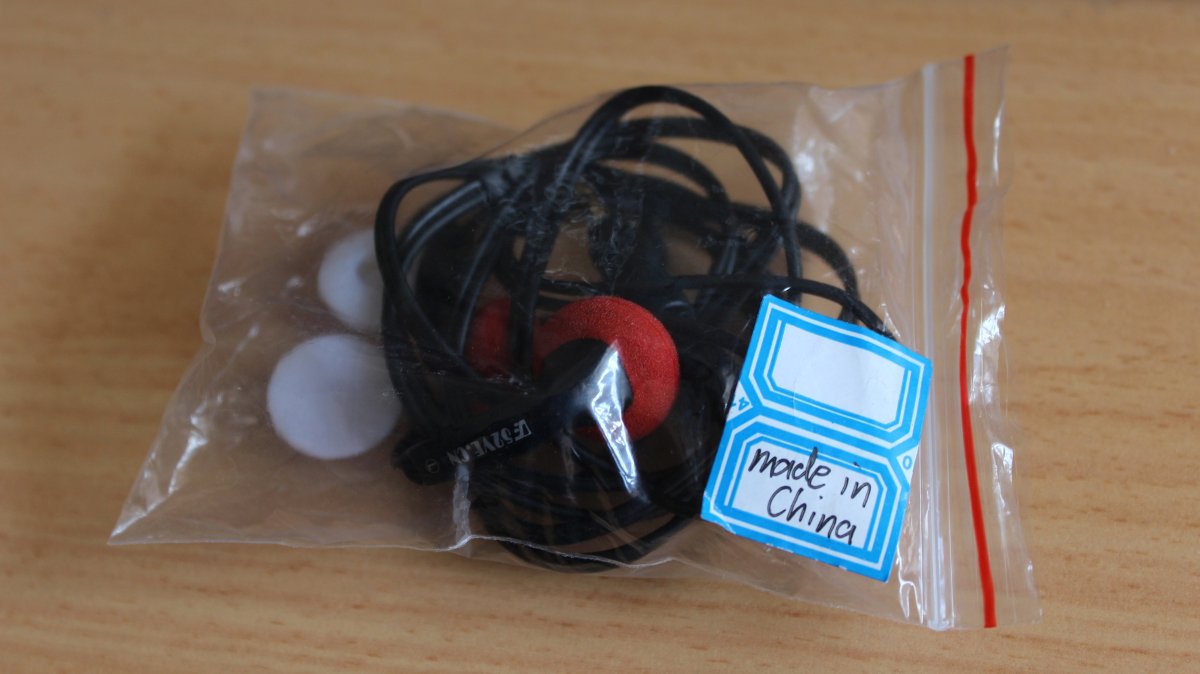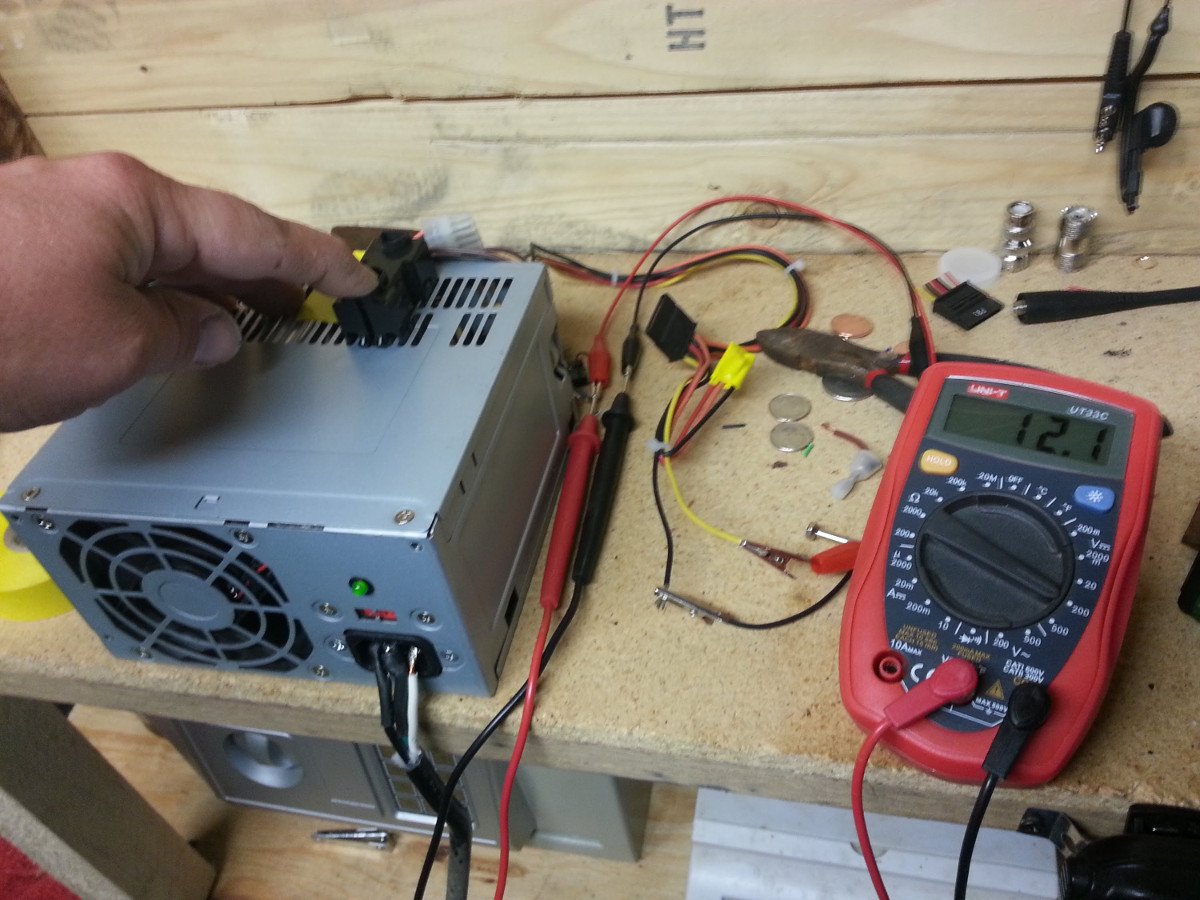When it comes to tech, sometimes being frugal hurts you in the long run. While you might be able to get away with a cheap monitor or speakers, there are a few tech items where paying less can bring up daily frustrations and lead to regular replacement.
In this feature, we’re going to take a look at five tech items you probably use every day that are worth spending a little extra on.
1. Earbuds

Whether you’re using them for a phone call or to listen to music, chances are you use earbuds (or headphones) a lot. This is definitely an item you don’t want to go cheap on.
Cheap earbuds tend to be extremely uncomfortable, to a point where they can be torturous to wear after just a few minutes. Seriously, who likes feeling like they’ve been stung in the ear by a bee while trying to listen to the latest DJ Tiesto album?
Made worse, audio quality is the first aspect that gives when a company decides to make a set of inexpensive earbuds. Paying a few extra bucks so you can hear the full spectrum of your favorite music isn’t a bad idea.
A good quality pair of earbuds doesn’t have to be expensive, just do your research and don’t fall for marketing gimmicks. A good look at user reviews on Amazon can help point you in the right direction.
2. Laptop

There are no two ways about it: computers are expensive. When you decide to squish all that hardware into the tiny frame of a laptop, it’s almost unreasonable to expect a pay as much as your Claim Jumper dinner.
However, you can find plenty of new laptops in the $200 to $250 price range. Some might even appear fine when you glance at their specs. Don’t be fooled, there are a lot of things that can go wrong with a laptop, and when you go cheap you suscept yourself to imminent doom.
Related: A Guide To The Top 10 Best Laptops To Buy In 2018
As laptops take a beating from use, their outer shell can begin coming to lose exposing hardware to water and other hazards. The trackpad and keyboard can begin to wear down, requiring expensive repair. Cheap batteries drain quickly when not even in use, and won’t last your full trip to Hawaii. In many cases, you also can’t upgrade a laptop to keep up with the increasing demands of software and web apps, so being slightly outdated today means being irrelevant in six months.
It’s highly recommendable to spend a little extra on a laptop. In the case of many higher-end laptops, their long-term durability can make up for their cost in the long run. There’s a reason hundreds of thousands of used 2012 MacBook Pros are sold every year (Hint: They are nearly indestructible). Now that’s a wise investment.
3. Power Supply

Back in 2004, when I was new to building PCs, I made the common mistake of using the crummy power supply that came with my new NZXT PC case. Everything was fine for a couple months until disaster struck. A surge was sent directly into my power supply, and the poor quality components had no idea how to handle the voltage overload.
A couple hours of diagnosis later, I came to learn that not only was my power supply dead but so was my motherboard and graphics card. That’s right, $500 down the drain overnight.
Also Read: 10 Best PC Games Of All Time
I never did find out why the surge occurred, but I promised myself from that day forward to never go cheap on a power supply. Think about it, it’s essentially the heart of your computer, pulsing electricity through all the circuits that make it run. It’s the first thing you install, and probably the last thing you replace.
There are a lot of great brands out there from Corsair to Thermaltake and EVGA that provide 80 Plus Gold certified power supplies that are both power efficient and designed to properly handle bad situations. You shouldn’t have to pay more than $50 for a good one, and while that might be a couple dollars higher than the most affordable option on the market, it’s worth the investment.
4. Router

You know that sinking feeling you get when your internet goes out? Netflix movies stop playing, multiplayer video games are lost, and now you’re relying on expensive 4G LTE to browse Reddit for cat videos.
If this has happened to you at home, there’s a chance it’s because of your router, not your ISP. A cheap router may have trouble serving the high amounts of data to multiple devices required in today’s day and age, and they’ll crash when stressed.
Don’t bother getting anything too fancy, just go with something reasonable that isn’t bottom-shelf level stuff and you should be fine.
5. Smartwatch

I’ve tried out a few dozen smartwatches, and I’m sad to report that most of them probably aren’t worth owning. And I’m talking about the higher-end stuff. Yeah, even many of the $200+ solutions are likely not worth your hard-earned money. Take it from me, I purchased a $250 Fitbit Ionic during Black Friday 2017 and returned it just a few days later. It was lousy, to say the least.
So what makes us think that a cheap no-name brand smartwatch would be a good idea? It’s not.
Also Read: Qualcomm’s Snapdragon Wear 3100 Will Solve A Major Problem Among Smartwatches
Creating micro-sized components for a smartwatch, along with intuitive software that works well within a screen no larger than the size of a Franklin half dollar coin, is very challenging to get right. To a point where Apple and Samsung have only recently figured it all out.
You probably don’t need a smartwatch at all, but if you can’t wait any longer to advertise your affinity for tech on your wrist, then make sure you buy one of the top-tier smartwatches. You’ll be much better off for it.






